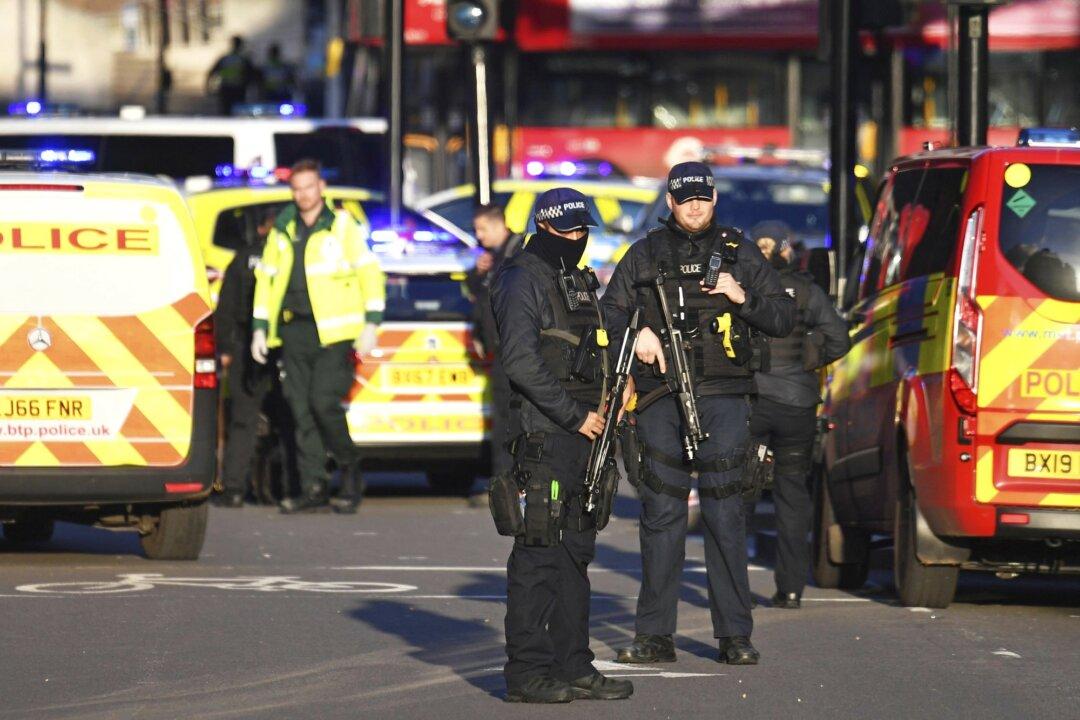Authoritarianism, political discrimination, and self-censorship are rife in British universities and have thrown academic freedom into a crisis of cancel culture, a landmark study has revealed.
The discrimination, mainly experienced by conservative academics, manifests as “hard authoritarianism,” and involves “no-platforming, dismissal campaigns, social media mob attacks, open letters … formal complaints, and disciplinary action,” according to the research from the Center for the Study of Partisanship and Ideology (CSPI).





